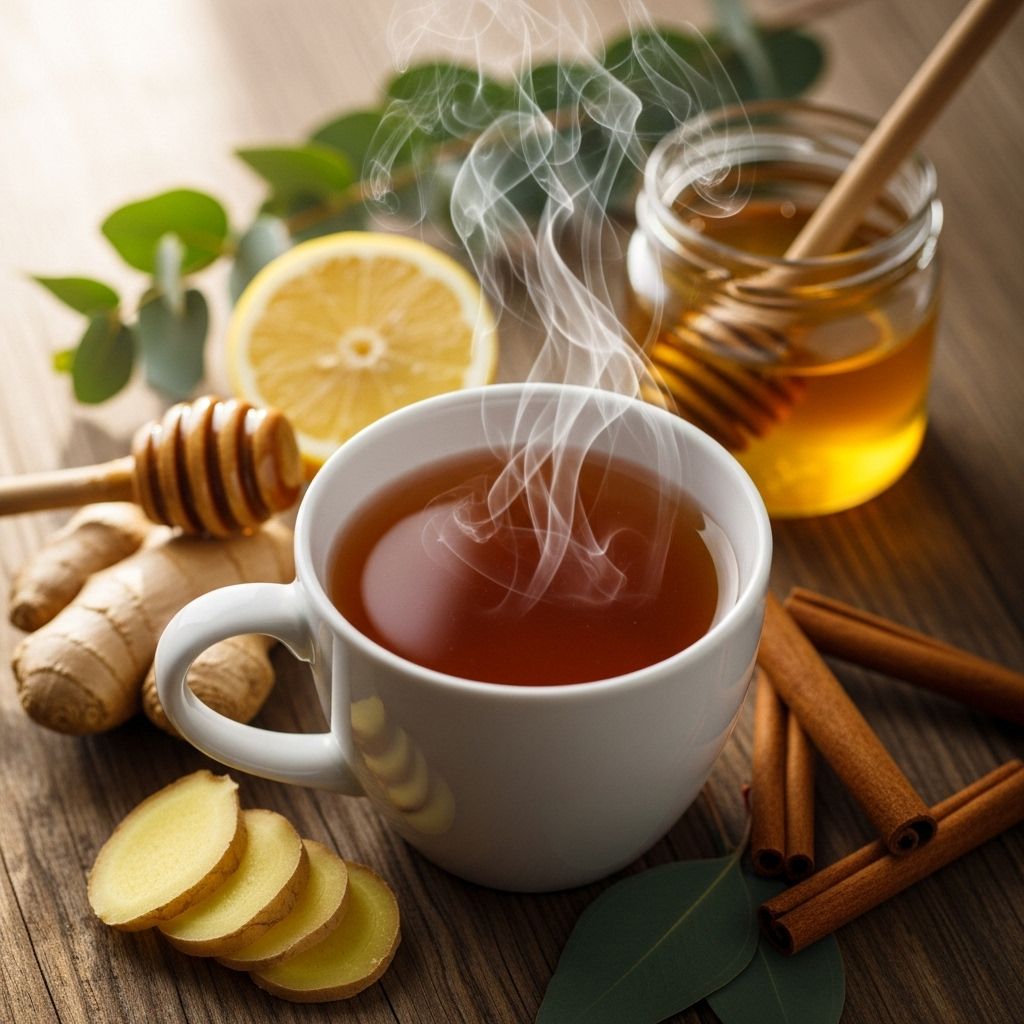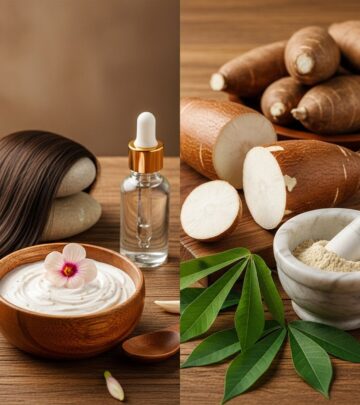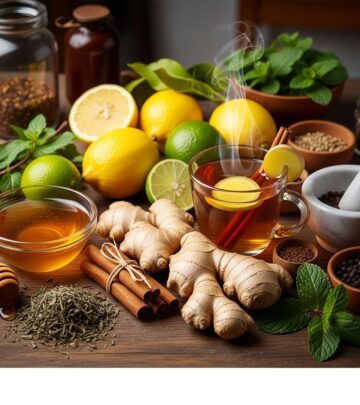Effective Home Remedies for Chest Congestion: Natural Relief and Prevention
Discover time-tested herbal and home remedies for chest congestion, including spices, teas, and essential oils for easy breathing.

Introduction to Chest Congestion
Chest congestion is a common condition caused by the accumulation of excess mucus in the lungs and bronchi, often resulting from colds, flu, allergies, or infections. It can lead to discomfort, coughing, and difficulty breathing. While medical treatments are available, many people seek relief through natural home remedies, which have been used for centuries across cultures. This article explores the most effective herbal and home-based remedies for chest congestion, their preparation, and how they work to alleviate symptoms.
Common Causes and Symptoms of Chest Congestion
Chest congestion usually occurs when the body produces excess mucus as a response to irritation or infection in the respiratory tract. Common causes include viral and bacterial infections, allergies, asthma, and environmental irritants. Symptoms often include:
- Coughing, especially with phlegm
- Shortness of breath
- Tightness or discomfort in the chest
- Wheezing or rattling sounds when breathing
- Fatigue and general discomfort
Addressing these symptoms early with home remedies can help reduce discomfort and prevent complications.
Herbal Remedies for Chest Congestion
Herbs have long been used to provide relief from chest congestion due to their therapeutic properties. Below are some of the most effective herbs and their roles in respiratory health:
- Angelica, Anise, Parsley, Myrrh, Hyssop, and Chamomile: These herbs are known for their soothing effects on the respiratory tract and may help reduce inflammation and mucus production.
- Eucalyptus: A staple in many cold rubs and balms, eucalyptus acts as a decongestant by opening blocked airways and relieving associated body aches.
- Thyme (Ajwain ke phool): Thyme tea is effective for bronchitis and chest congestion, offering antimicrobial and expectorant benefits.
- Peppermint: Contains menthol, which helps thin mucus and soothes the throat, making breathing easier.
Spices and Natural Foods for Relief
Everyday spices and foods can also be powerful allies against chest congestion:
- Cardamom, Cinnamon, Cayenne Pepper, Garlic, Lime, and Ginger: These spices have anti-inflammatory, antibacterial, and antiviral properties. For example, ginger can be boiled in water and consumed daily to loosen phlegm, while garlic’s quercetin content inhibits inflammatory enzymes, providing relief by clearing airways and reducing mucus production.
- Lemon: The citric acid and vitamin C in lemons are antibacterial and help eliminate mucus while boosting immunity.
Tea and Coffee as Remedies
Warm beverages like tea and coffee have been traditionally used for chest congestion relief. Herbal teas, especially those infused with thyme, peppermint, or liquorice root, can help expand airways, improve blood flow, and prevent bronchospasm. The decongesting effects of theobromine and theophylline in tea are also noteworthy.
Other Natural Remedies and Practices
- Drinking Warm Water: Hydration is crucial. Drinking plenty of warm water helps thin mucus, making it easier to expel.
- Steam Inhalation: Inhaling steam from hot water (with or without essential oils like eucalyptus or lavender) moisturizes and opens airways, facilitating mucus removal.
- Honey: Its soothing properties help reduce throat irritation and thin out phlegm.
- Warm Compress: Applying a warm compress to the chest can provide comfort and help loosen mucus.
Essential Oils and Topical Applications
Essential oils such as eucalyptus, thyme, oregano, frankincense, and lavender can be inhaled or applied topically (diluted) for their anti-inflammatory and antibacterial effects. Vapor rubs containing camphor, eucalyptus oil, and menthol offer symptomatic relief, though they do not cure the underlying cause.
| Essential Oil | Primary Benefits | How to Use |
|---|---|---|
| Eucalyptus | Decongestant, opens airways | Inhale steam, use in rubs |
| Lavender | Anti-inflammatory, soothes | Inhale vapor, add to bath |
| Peppermint | Contains menthol, thins mucus | Drink as tea, inhale vapor |
| Thyme | Antimicrobial, expectorant | Drink as tea, inhale vapor |
| Oregano | Antibacterial, antiviral | Inhale vapor, dilute and apply |
Rest and Lifestyle Recommendations
Rest is essential for recovery, as it allows the immune system to function optimally. Avoid smoking, limit dairy (which can thicken mucus), and sleep with your head elevated to reduce mucus accumulation. Maintaining a humid environment with a humidifier or cool-mist vaporizer can also help.
Frequently Asked Questions (FAQs)
Q: What is the simplest home remedy for chest congestion?
A: Drinking plenty of warm water is among the simplest and most effective remedies, as it helps thin mucus for easier expulsion.
Q: Can herbal teas really help with chest congestion?
A: Yes, herbal teas such as peppermint, ginger, and thyme can provide relief by thinning mucus and soothing the airways.
Q: Is inhaling steam with essential oils safe?
A: Yes, for most adults, but always use a few drops and avoid direct inhalation of undiluted oils. Consult a doctor before using essential oils on or around children.
Q: How long does chest congestion typically last?
A: If caused by a common cold, symptoms often improve within a week, but persistent or severe symptoms warrant medical attention.
Q: Are there foods that can worsen chest congestion?
A: Dairy products may thicken mucus in some people, so limiting them during congestion may help.
Conclusion
Chest congestion, while uncomfortable, can often be managed with natural remedies rooted in tradition and supported by modern understanding. Herbs, spices, warm beverages, essential oils, and simple practices like steam inhalation and rest can provide significant relief and support the body’s healing process. Always consult a healthcare provider if symptoms persist or worsen, as some cases may require medical intervention. By incorporating these home and herbal remedies, you can breathe easier and recover more comfortably from chest congestion.
Read full bio of medha deb











